What to Expect From the Coronation Dress Code, According to Royal Experts
The coronation dress code will combine traditional and modern elements.
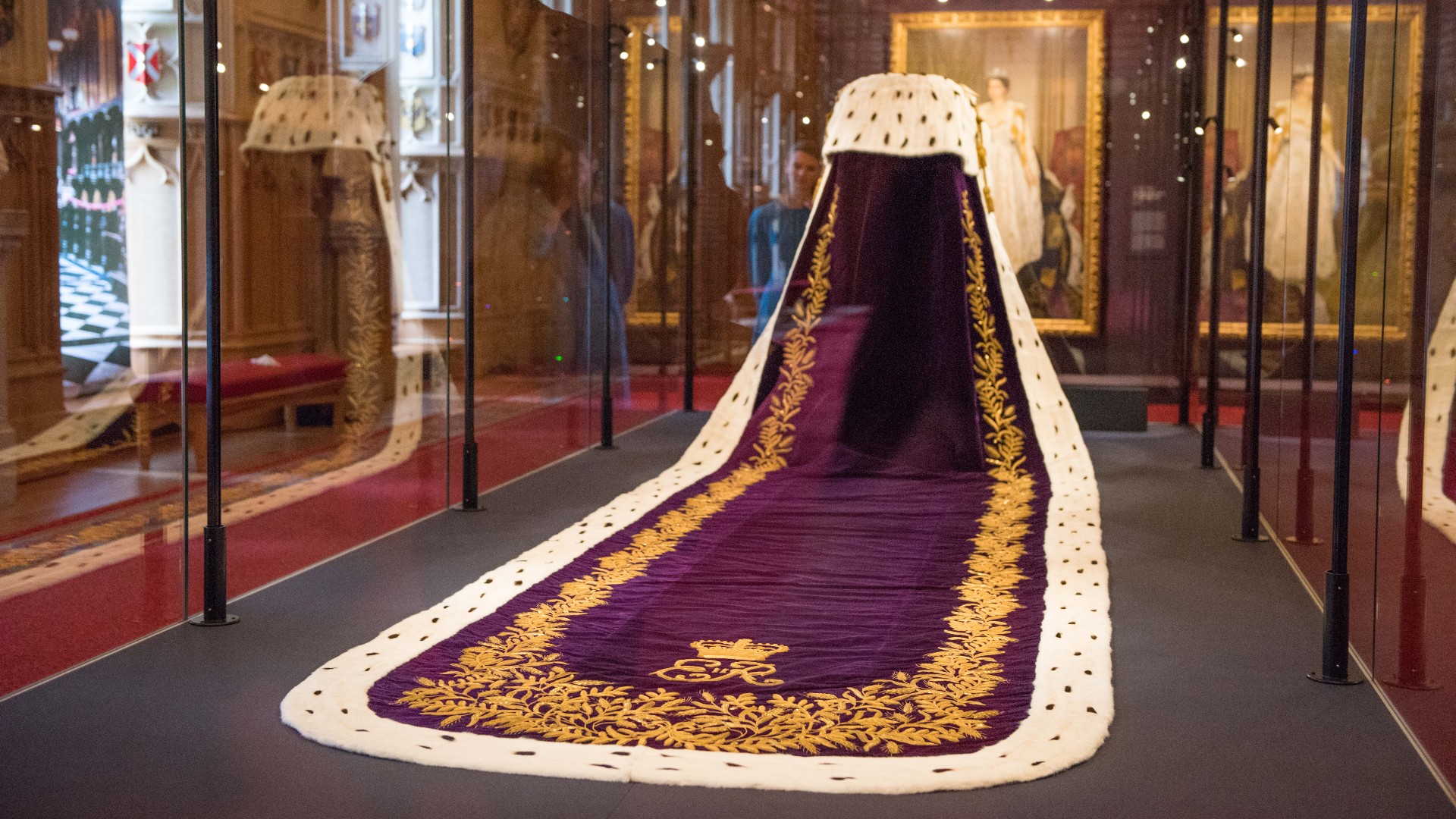

The Coronation on May 6 is arguably the most important day in King Charles’ life—so what will he wear for the occasion? As People reports, both King Charles and Queen Camilla will wear a mixture of centuries-old garments and new pieces. Marie Claire covered both the King’s two coronation crowns and the Queen’s crown in separate pieces—here we’ll dissect what else they’ll don on the big day.
The King will wear several historical robes throughout the ceremony, steeped in traditions dating back 1,000 years. The order and the importance of his robes are detailed in the Liber Regalis, or Royal Book, which is a 14th century manuscript that serves as the official guide for Coronation ceremonies, according to Westminster Abbey.
The King will enter the Abbey wearing the Robe of State, made of crimson-colored velvet and worn by Charles’ grandfather King George VI at his 1937 Coronation. This robe is also called the Parliament Robe, as it is worn by the monarch for the State Opening of Parliament. “The Royal School of Needlework has conserved the velvet, while the lining and gold lace was conserved by Ede and Ravenscroft, the oldest tailor and robe maker in London,” People reports.
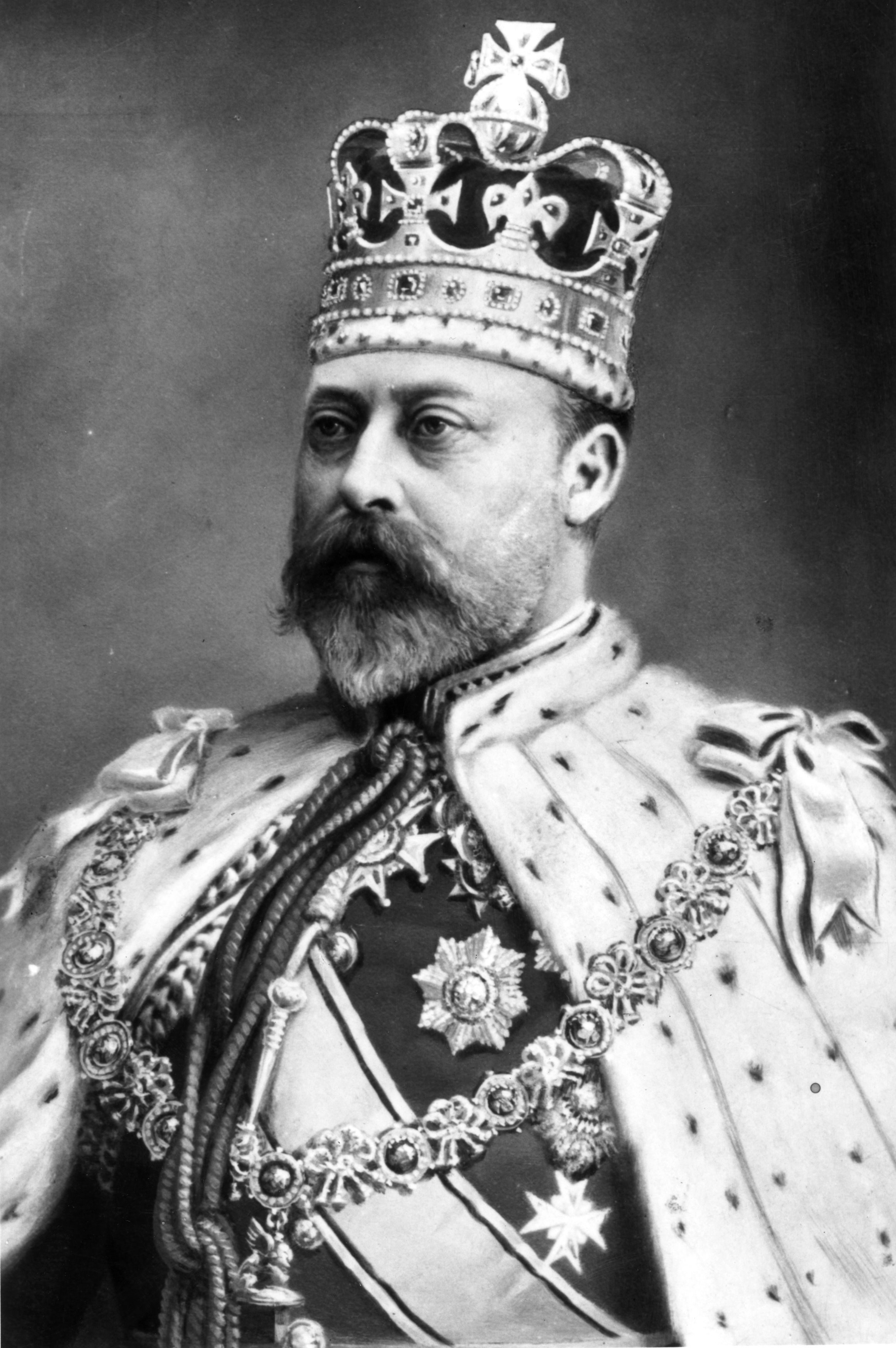
King Edward VII in his Coronation robes, 1902
Before the King’s anointing—considered the most sacred part of the ceremony—he will change into the Colobium Sindonis, a simple white tunic that symbolizes “purity before God.”
“That sounds beautiful—to be bare before God,” Kinsey Schofield, host of “To Di for Daily” podcast, tells Marie Claire. “How beautiful of an idea, a reference to rule the kingdom under God.”
The Colobium Sindonis is covered by the full-length, gold embroidered Supertunica, which was made for the Coronation of King George V in 1911. It has since been worn by King George VI in 1937 and Queen Elizabeth in 1953. On top of the Supertunica will be the Robe Royal and the Stole Royal. The Robe Royal (otherwise known as the Imperial Mantle) is a gold cloak originally made in 1821 for the Coronation of King George IV, according to the Royal Collection Trust. “Its design is based on a priest’s robe and features foliage, crowns, fleurs-de-lis, and eagles with colored roses, thistles, and shamrocks found throughout,” according to People. “The golden clasp is in the shape of an eagle. It is the oldest robe in the Coronation collection and will most likely be worn as is by the King.”
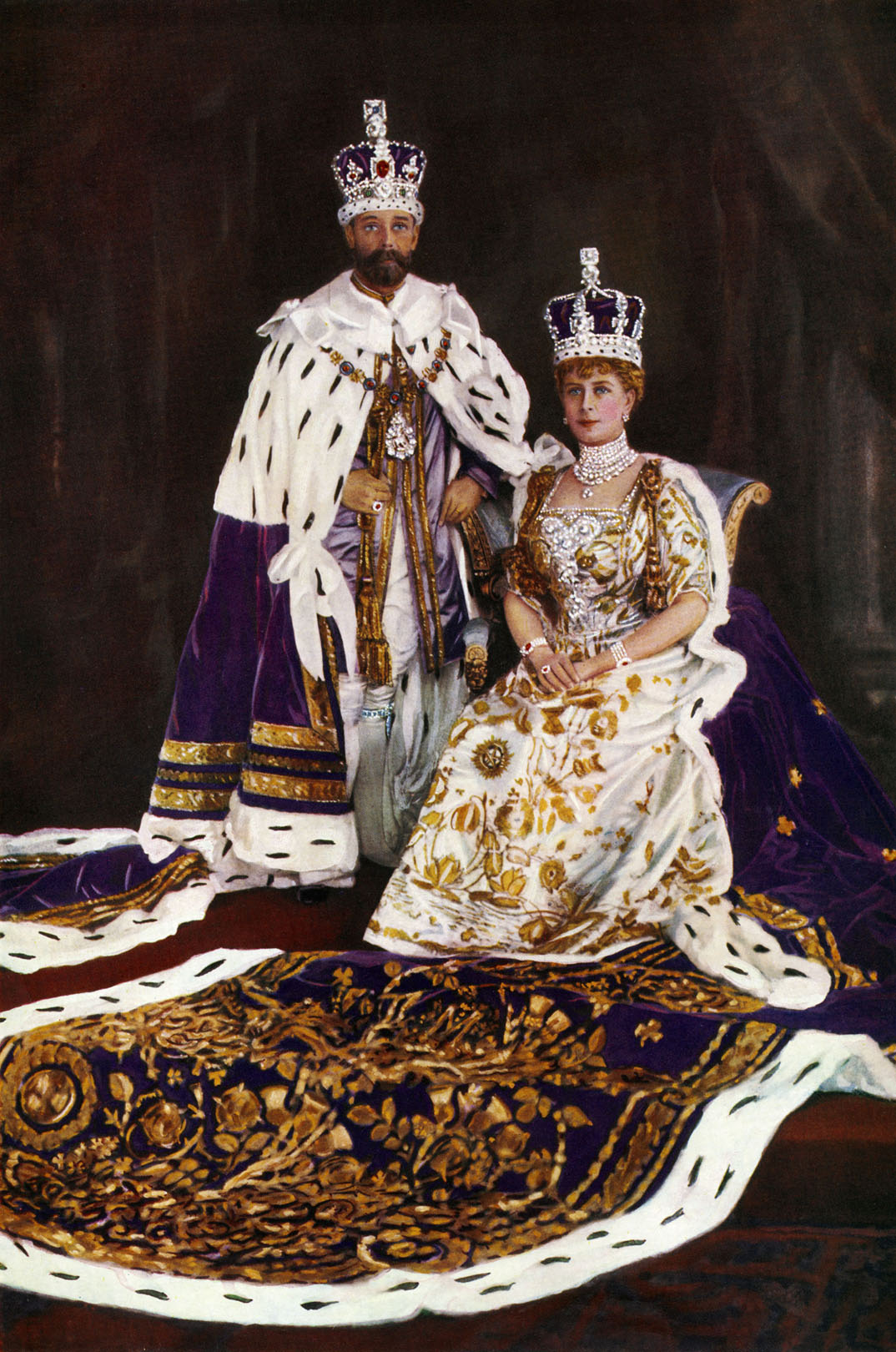
King George V and Queen Mary in their Coronation robes, 1910
Still following? The Stole Royal is a narrow band of gold silk made for Queen Elizabeth’s Coronation in 1953. It is embroidered with national, religious, and Commonwealth emblems in both gold and colored threads. People reports that the King may reuse his mother’s or have his own made.
Stay In The Know
Get exclusive access to fashion and beauty trends, hot-off-the-press celebrity news, and more.
During the closing procession, the Robe Royal and Stole Royal are removed and replaced with the Imperial Robe, also known as the Robe of Estate. This robe is made with purple velvet, as opposed to the crimson color worn during the King’s entrance.
Rachel Bowie, cohost of Royally Obsessed, a Gallery Media Group podcast, tells Marie Claire that the King will likely be in military attire, which “will be a little less formal and feel different,” she says. “We haven’t had a Coronation to compare to in 70 years, and it’s really remarkable to see how it has modernized in the wake of the cost of living crisis.”
As for the Queen, she has tapped longtime favorite Bruce Oldfield to design her Coronation gown, according to The Telegraph. Camilla’s Robe of State—which she will don upon arrival to the Abbey—is made of crimson velvet and was originally made for Queen Elizabeth’s Coronation. Her purple velvet Robe of Estate, which she will wear as she departs the Abbey, was made specifically for her by Ede and Ravenscroft and designed and hand embroidered by the Royal School of Needlework.
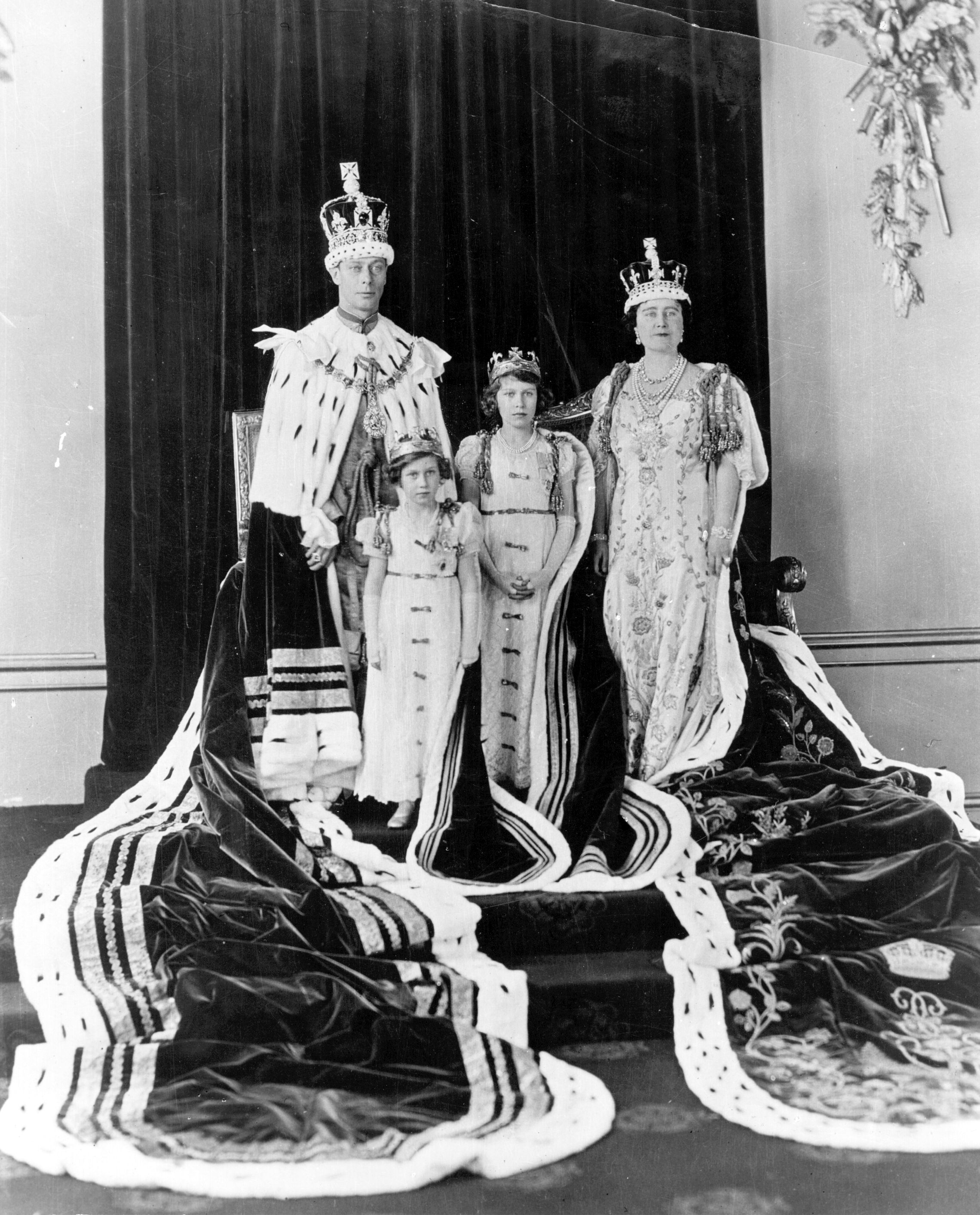
King George VI, Queen Elizabeth (later The Queen Mother), Princess Elizabeth, and Princess Margaret in their Coronation robes, 1937
Both the King and the Queen will be presented with several Crown Jewels throughout the ceremony, including the Sovereign’s Ring, which the King will wear on the fourth finger of his right hand as a symbol of “kingly dignity.” It was made in 1831 for King William IV and features an octagonal sapphire adorned with both rubies and diamonds. Similarly, the Queen will be presented with the Queen Consort’s Ring, also placed on the fourth finger of her right hand and also dating back to 1831, when it was created for Queen Adelaide. It features an octagonal ruby surrounded by 14 diamonds and has been worn by every Queen Consort since Edward VII’s Coronation in 1902.
The Queen might also choose to wear the Coronation earrings, commissioned for Queen Victoria in 1858, according to the Royal Collection Trust. They were worn at the Coronations of Queen Consorts including Queen Mary in 1911 and Queen Elizabeth (later the Queen Mother) in 1937; Queen Elizabeth, though not a consort, also wore them at her own Coronation in 1953. Camilla might also wear the Coronation necklace, also made for Queen Victoria in 1858. It features 25 diamonds and has been worn at the Coronations of Queen Consorts including Alexandra, Mary, and Elizabeth, as well as Queen Elizabeth at her 1953 Coronation.
For other members of the royal family and Coronation guests, the dress code looks to be more relaxed than previously done, with a “day dress” dress code seeming to be the understood protocol for the event. Think ladies in dresses and hats, gentlemen in morning suits and uniforms.
“[Guests] don’t want to take away from the sovereign,” Schofield says. “A classy fascinator and a dress of a bold color but not a bold pattern. They’ll just want to look respectful. This is a solemn occasion, a state occasion. You’d want to look beautiful, respectful, and appropriate. I don’t think you’ll see a lot of people trying to stand out at a Christian ceremony.” The event is “being described as more casual instead of traditional,” she says. “That’s a little disappointing to hear as a viewer, but I also think, because the guest list was cut by 6,000, if you have received an invitation, I expect people to go all out. Business attire seems a little basic—I honestly don’t know if everyone will follow it. I’m expecting a modern, elegantly simple fashion show.”
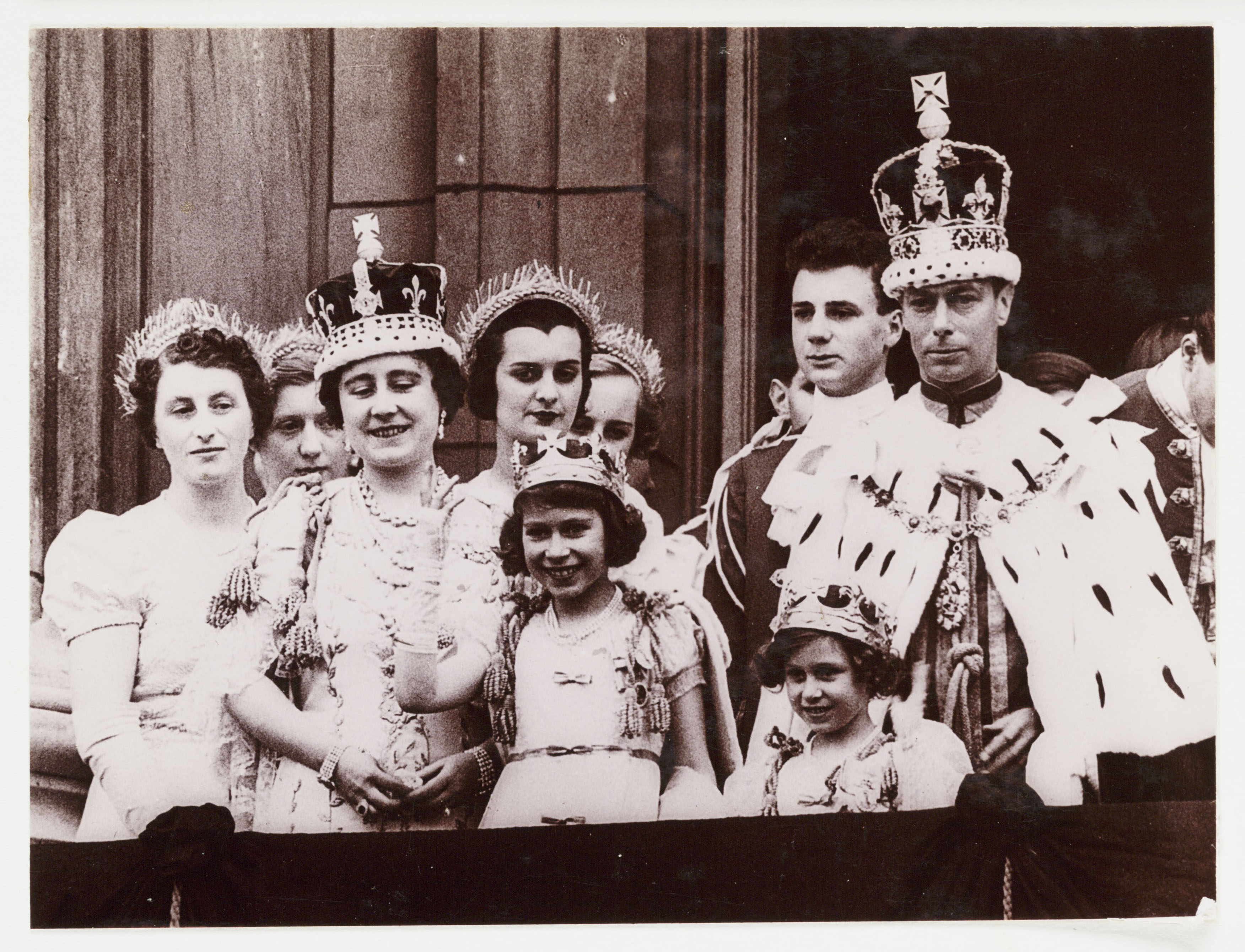
King George VI, Queen Elizabeth (later The Queen Mother), Princess Elizabeth, and Princess Margaret in their Coronation robes, 1937
Christopher Andersen, author of The King: The Life of Charles III, tells Marie Claire: “The dress code at this Coronation will be decidedly more casual than the royal fashion shows of the past. Gone are the coronets, glittering tiaras, and ermine-trimmed velvet Coronation robes members of the House of Lords and other aristocrats would normally wear to such formal occasions. In his ongoing efforts to streamline and modernize the monarchy, Charles has asked guests to wear either simple, unadorned parliamentary robes or simply business attire.” Not to worry though, says Andersen: “There will still be a heart-stopping display of pomp, ceremony, and glitz inside Westminster Abbey,” he says. “The King and Queen arrive and depart in gold horse-drawn coaches, after all, and half the Crown Jewels will be carted out for the ceremony itself.”
The more casual dress code harkens back to the King’s wish to have his Coronation “not look like an elitist, ostentatious affair,” royal expert Victoria Arbiter tells Marie Claire. “He wants to appeal to modern, everyday Britain in a modern, multicultural, multifaith society. Some traditionalists want the whole kit and caboodle, but we are going to get a Coronation fitting to today’s society.”
As Andersen alluded to, there is a chance, with the less formal tone of the event, that senior royals like the Princess of Wales might not wear a tiara to the ceremony.
“I’m going to be so sad if I don’t see a tiara that day,” Bowie says. Her cohost Robera Fiorito adds “Like at royal weddings, I love the spectacle of it all. I’m hopeful for a glitter bomb and giant explosion of dresses. The [late] Queen wore Norman Hartnell and was stunning—I hope they pull out all the stops. Right now, we’re waiting to see.”
If you're currently outside the U.K., you can use a VPN like ExpressVPN—which has a 30-day free trial—to watch the coronation live on the BBC, which aired Queen Elizabeth II's coronation in 1953.

Rachel Burchfield is a writer, editor, and podcaster whose primary interests are fashion and beauty, society and culture, and, most especially, the British Royal Family and other royal families around the world. She serves as Marie Claire’s Senior Celebrity and Royals Editor and has also contributed to publications like Allure, Cosmopolitan, Elle, Glamour, Harper’s Bazaar, InStyle, People, Vanity Fair, Vogue, and W, among others. Before taking on her current role with Marie Claire, Rachel served as its Weekend Editor and later Royals Editor. She is the cohost of Podcast Royal, a show that was named a top five royal podcast by The New York Times. A voracious reader and lover of books, Rachel also hosts I’d Rather Be Reading, which spotlights the best current nonfiction books hitting the market and interviews the authors of them. Rachel frequently appears as a media commentator, and she or her work has appeared on outlets like NBC’s Today Show, ABC’s Good Morning America, CNN, and more.
-
 Princess Anne's Unexpected Suggestion About Mike Tindall's Nose
Princess Anne's Unexpected Suggestion About Mike Tindall's Nose"Princess Anne asked me if I'd have the surgery."
By Amy Mackelden Published
-
 Queen Elizabeth's "Disapproving" Royal Wedding Comment
Queen Elizabeth's "Disapproving" Royal Wedding CommentShe reportedly had lots of nice things to say, too.
By Amy Mackelden Published
-
 Palace Employees "Tried" to Get King Charles to "Slow Down"
Palace Employees "Tried" to Get King Charles to "Slow Down""Now he wants to do more and more and more. That's the problem."
By Amy Mackelden Published
-
 Palace Employees Reveal They've "All Tried" to Get King Charles to "Slow Down" Amid Cancer Treatment
Palace Employees Reveal They've "All Tried" to Get King Charles to "Slow Down" Amid Cancer Treatment"Now he wants to do more and more and more. That's the problem."
By Amy Mackelden Published
-
 Royal Expert Shares Why King Charles Had to Be "Very Careful" and "Couldn't" Meet Prince Harry During U.K. Visit
Royal Expert Shares Why King Charles Had to Be "Very Careful" and "Couldn't" Meet Prince Harry During U.K. Visit"It could actually bring down a court case."
By Amy Mackelden Published
-
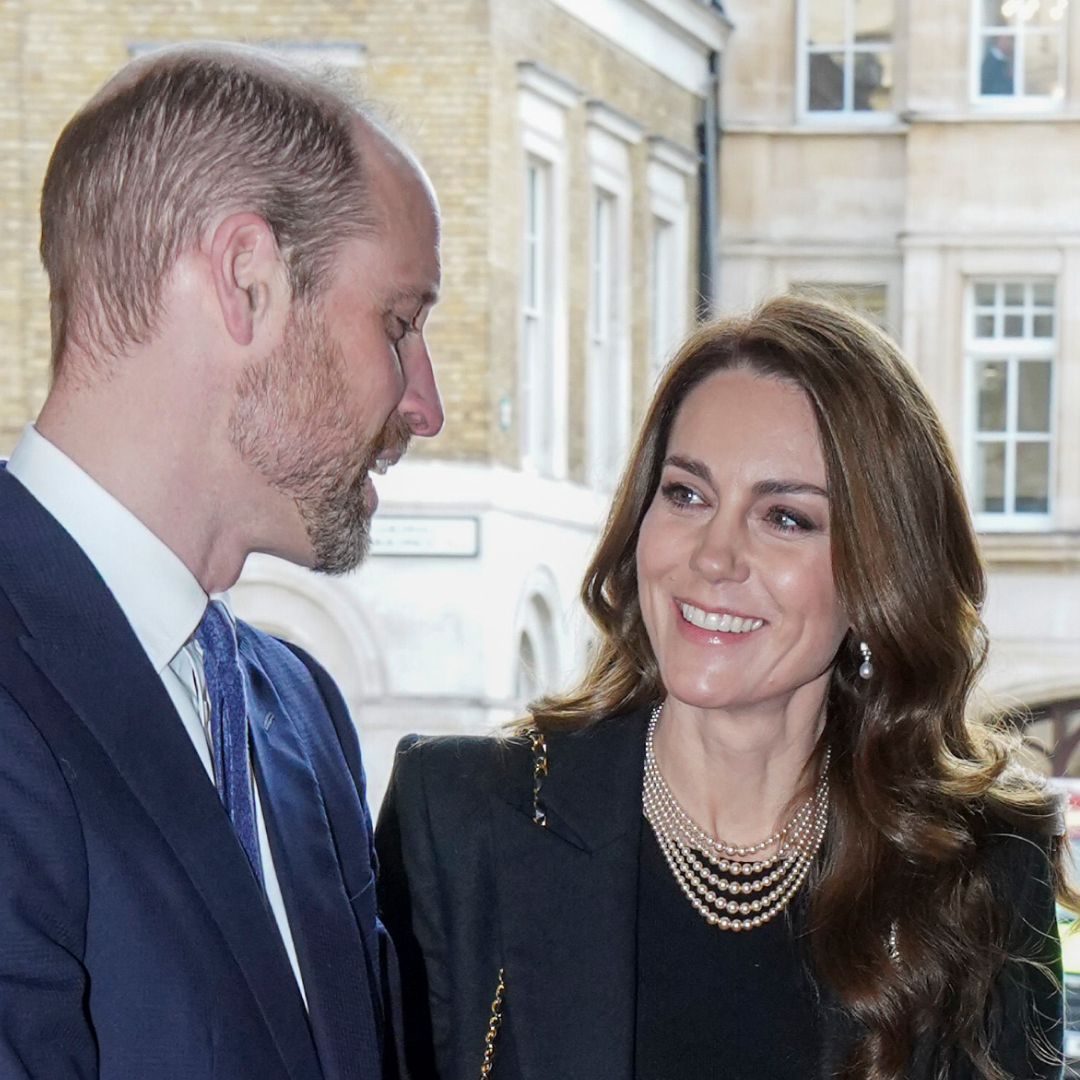 Prince William and Princess Kate’s Rarely Seen Family Member Stars in a Special Instagram Post Marking a Royal First
Prince William and Princess Kate’s Rarely Seen Family Member Stars in a Special Instagram Post Marking a Royal FirstThe Prince and Princess of Wales celebrated "joy" on a sweet holiday.
By Kristin Contino Published
-
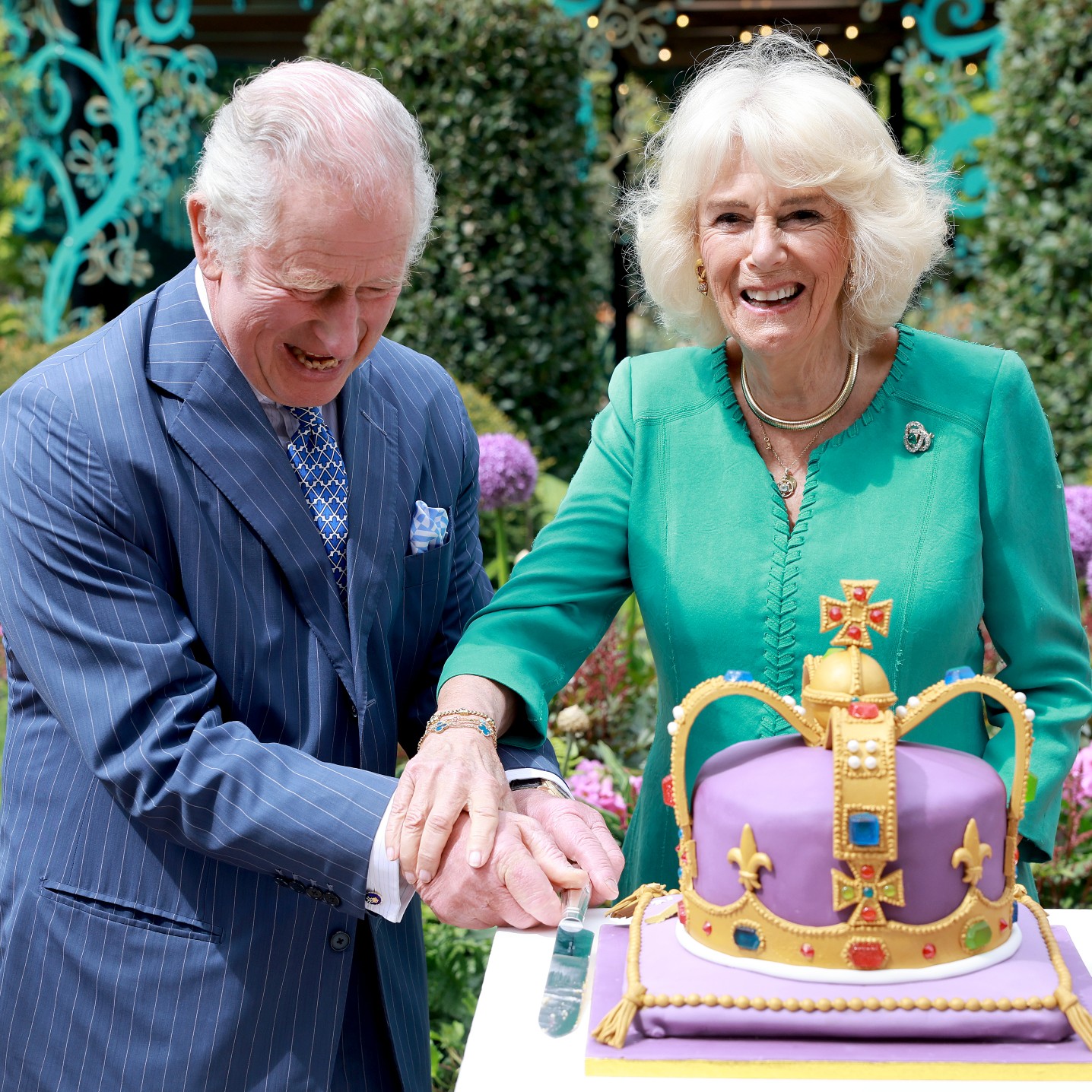 King Charles and Queen Camilla Experienced a Hilarious Self-Tan Incident That Caused Butler to Take "A Week Off"
King Charles and Queen Camilla Experienced a Hilarious Self-Tan Incident That Caused Butler to Take "A Week Off"Camilla "said it was awful," according to former royal butler Grant Harrold.
By Kristin Contino Published
-
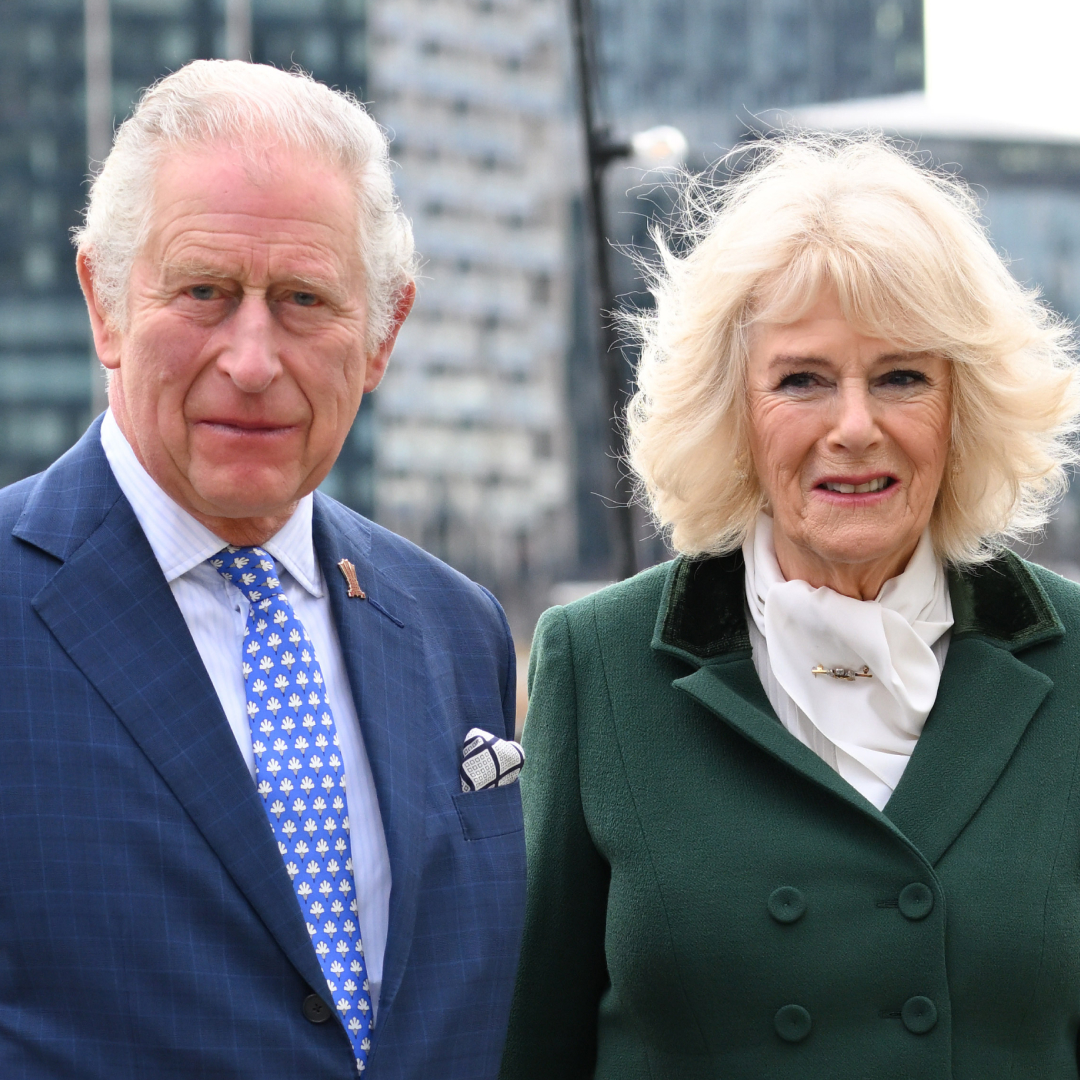 Why King Charles and Queen Camilla "Wept" at Windsor Castle Event and "Set Off the Staff"
Why King Charles and Queen Camilla "Wept" at Windsor Castle Event and "Set Off the Staff"A royal expert revealed that "everybody was sobbing."
By Kristin Contino Published
-
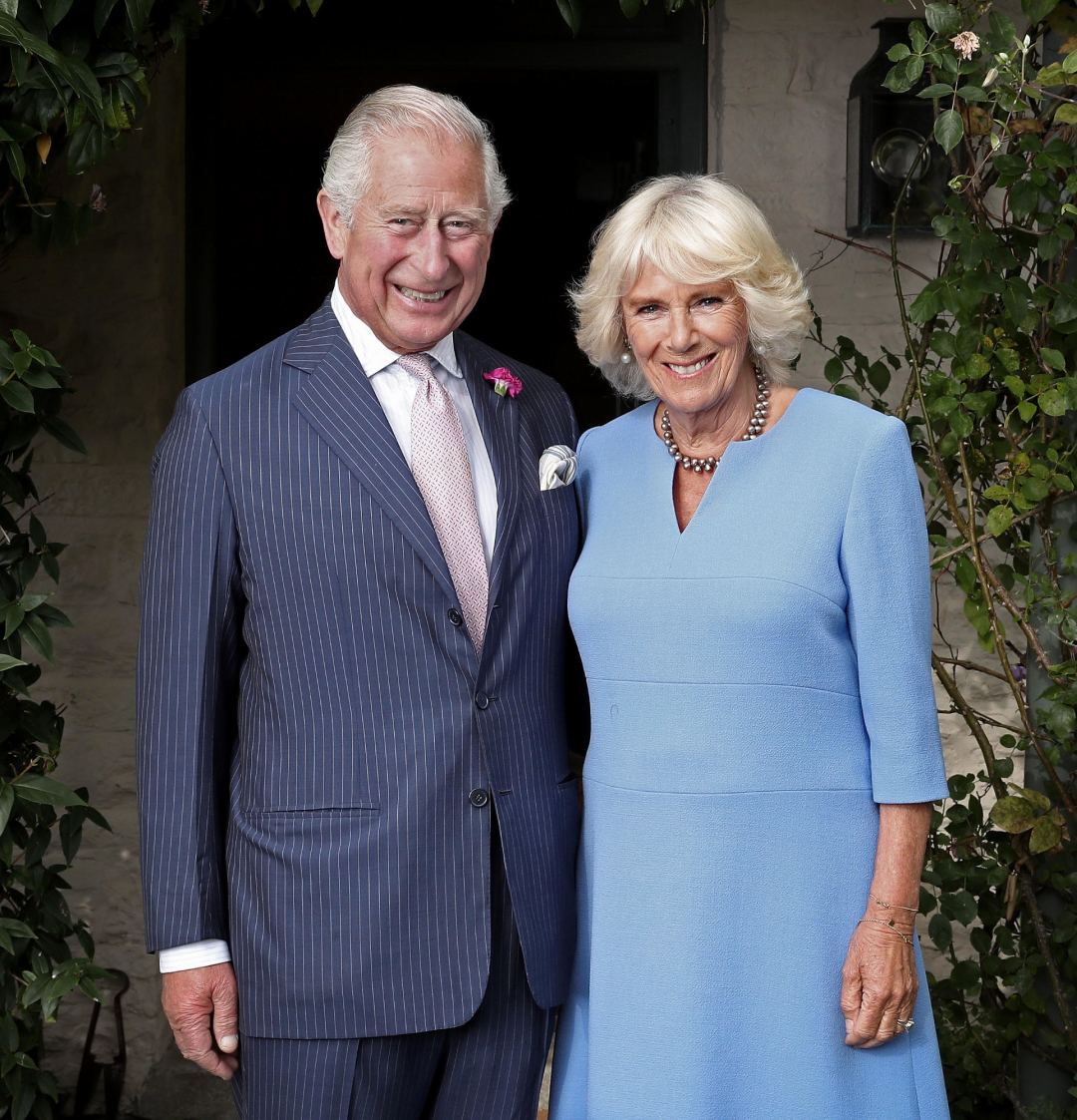 King Charles Spent His "Remote" Honeymoon With Queen Camilla in an Unusual Way, Per Former Royal Employee
King Charles Spent His "Remote" Honeymoon With Queen Camilla in an Unusual Way, Per Former Royal Employee"He was happy to get stuck in."
By Kristin Contino Published
-
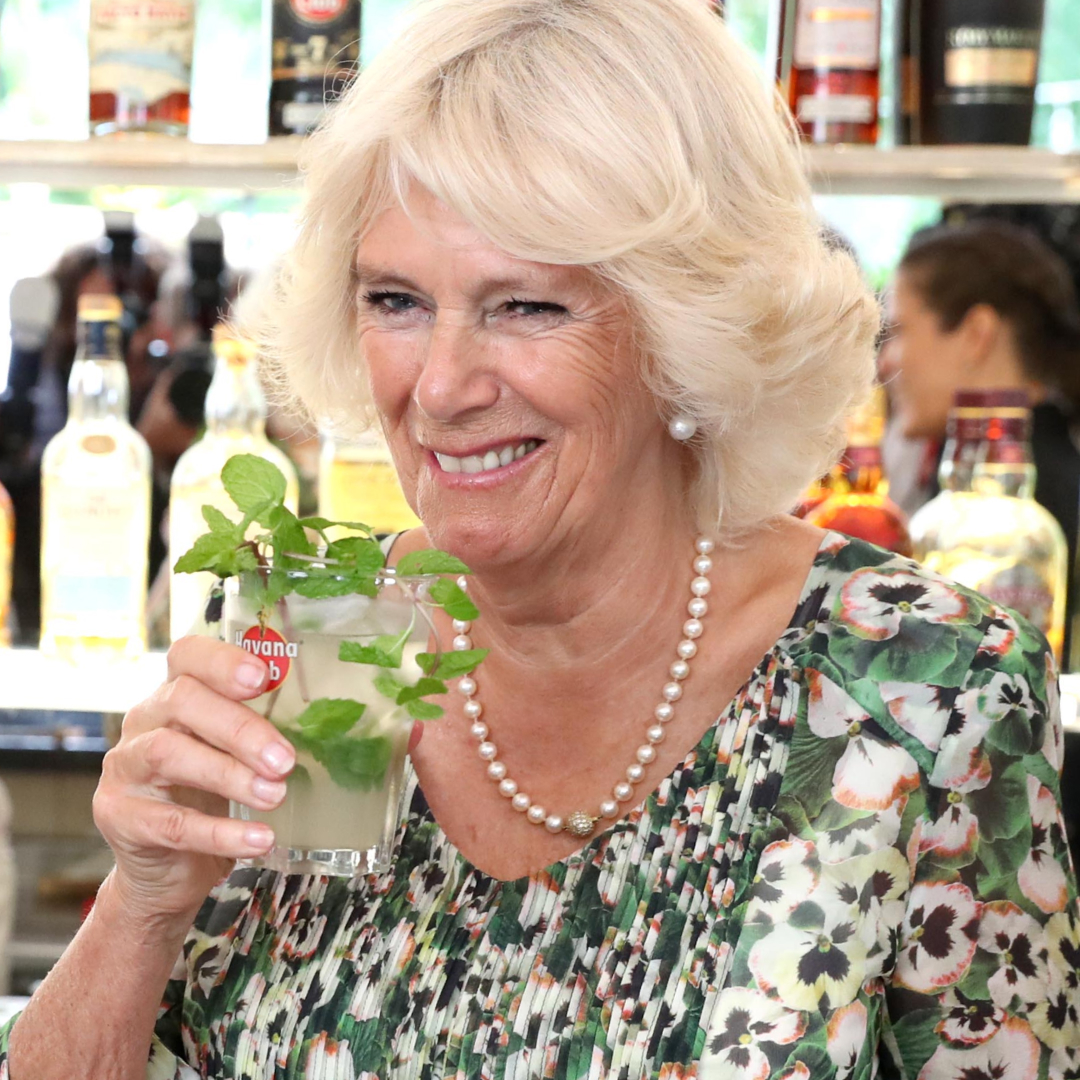 The Touching Secret Details in King Charles and Queen Camilla's New 20th Anniversary Portraits
The Touching Secret Details in King Charles and Queen Camilla's New 20th Anniversary PortraitsThe Queen added items with "deep personal significance" in the photos.
By Kristin Contino Published
-
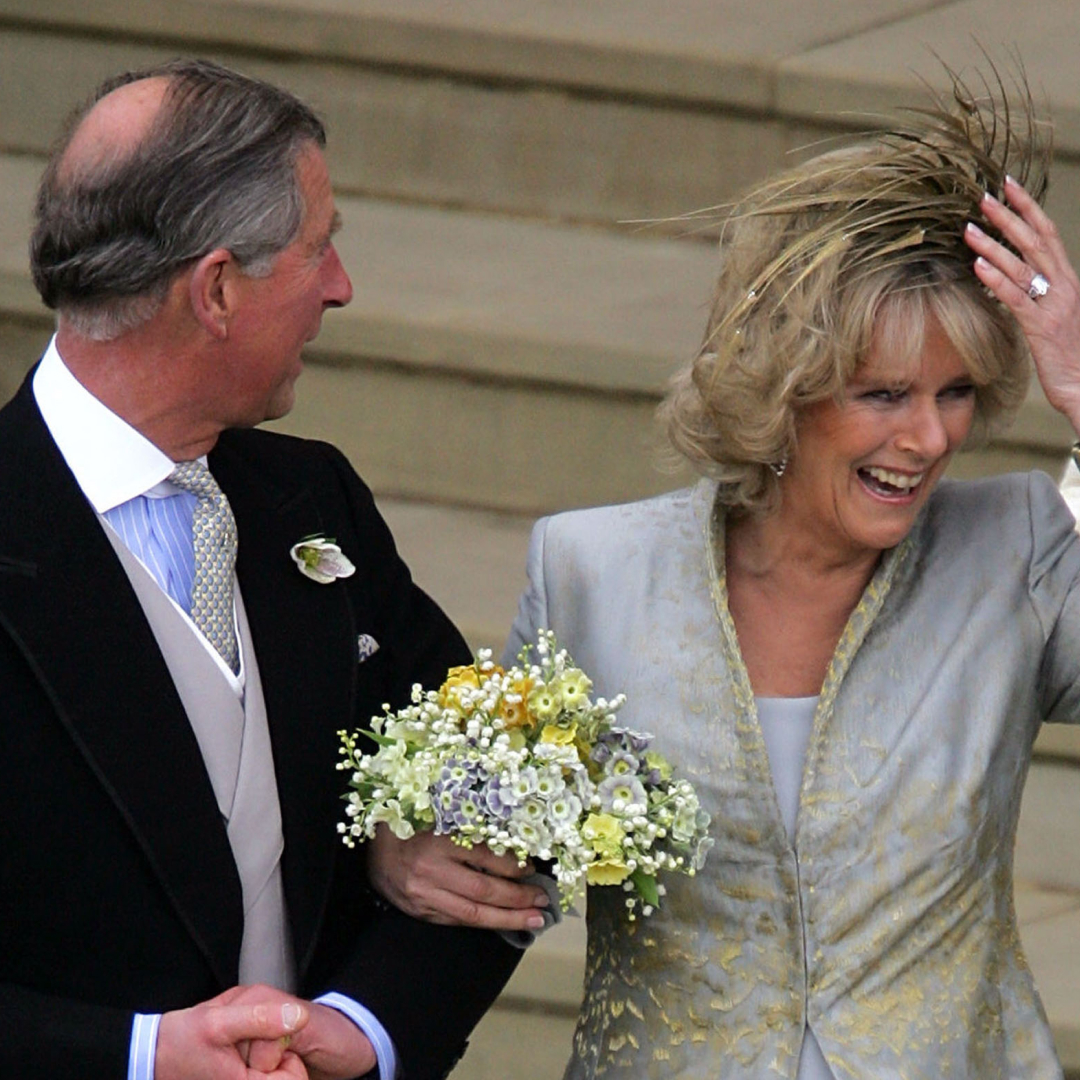 The Surprising Reason Why Queen Elizabeth Was "Absolutely Adamant" to Not Attend King Charles and Queen Camilla's Civil Wedding Ceremony
The Surprising Reason Why Queen Elizabeth Was "Absolutely Adamant" to Not Attend King Charles and Queen Camilla's Civil Wedding CeremonyThe couple is celebrating their 20th anniversary on April 9.
By Kristin Contino Published